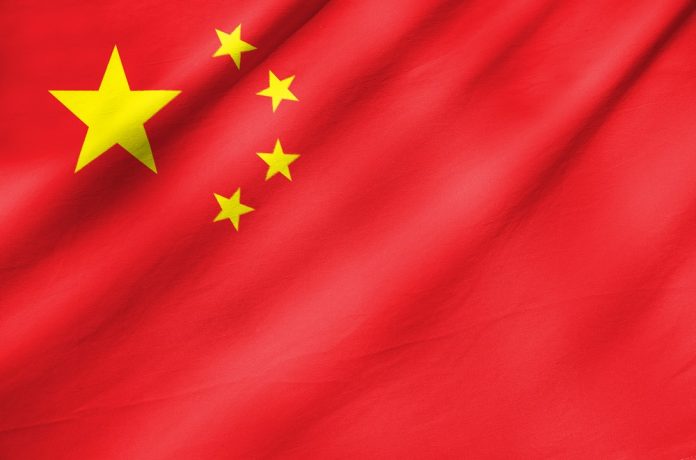BEIJING: China will steadily reform and further open its financial sector while putting “equal emphasis” on preventing risks through regulation and supervision, the new central bank governor said on Sunday.
In his first public speech since becoming central bank chief last week, Yi Gang told the China Development Forum in Beijing that opening up leads to progress, while closure points to backwardness.
“History has proved that areas that are more open are more competitive, and areas that are less open are less competitive and see risks accumulating (as a result),” Yi said in a wide-ranging speech that touched on issues from support for rural communities to potential risks in the financial system.
US-educated Yi, 60, a protege of respected predecessor Zhou Xiaochuan, is widely seen as a safe pair of hands, ensuring policy continuity as China persists with its crackdown on risks and a debt build-up in its increasingly complex financial system.
While Yi is not regarded a political heavyweight like his former boss Zhou, he is expected to play a supporting but important role on China’s new economic team helmed by Vice Premier Liu He.
The team includes the recently-anointed banking and insurance regulatory chief Guo Shuqing, who sources told Reuters will soon become the central bank’s Communist Party chief.
Yi’s speech put much emphasis on risk control, and was in line with the government’s narrative that China’s opening up will proceed but at a pace it sets.
Commerce Minister Zhong Shan, in a recent meeting with former US Treasury Secretary Henry Paulson, said China’s opening is self-initiated and will not be pressured by any “big stick” from other countries.
“We will put equal emphasis on the opening up of the financial sector and prevention of financial risks,” Yi said. “The opening up of the financial sector must be accompanied by the development of financial regulation.”
REFORM PROMISES
President Xi Jinping, in the twice-in-a-decade Communist Party congress in October, vowed that China will deepen economic and financial reforms and further open its markets to foreign investors.
A month later, China said it will lift the ceiling on foreign equity ownership in joint-venture firms involved in the futures, securities and funds markets to 51 percent from 49 percent, though no timetable was set.
China also said ownership limits in many financial sectors will be dismantled after three years.
But raising ownership limits does not mean that there will be no supervision, Yi said.
He added that domestic and foreign firms will be treated equally.
The sector’s opening up will proceed in coordination with reforms in China’s foreign exchange rate mechanism and capital account convertibility, he said.
Yi said China will open its bond market further, and that the second phase of the China International Payments System (CIPS) – a cross-border yuan settlement system – will be rolled out soon.
The system is expected to allow global firms to settle payments with Chinese businesses more efficiently, replacing a patchwork of networks such as clearing banks around the world.
DELEVERAGING CONTINUES
“We have three major tasks for the financial system. First, implement prudent monetary policy. Second, push forward financial reforms and opening up. Third, win the battle against financial risks,” Yi said.
China’s financial risks are reflected in its high leverage, Yi said, highlighting indebted state-owned enterprises, hidden local government debt and the relatively rapid growth in household leverage.
A few “rampantly expanding” financial conglomerates also pose risks to the financial system, Yi said, without naming any.
While safeguarding the bottom-line for the prevention of financial risks, China will step up credit support for weak links in the economy, including small firms and the rural sector.
The People’s Bank of China (PBOC) has kept liquidity at a reasonable level, and has stabilised leverage.
“Monetary policy will not be too tight or too loose,” Yi said, adding that growth in M2 money supply and total social financing – a broad measure of credit – will be at a reasonable pace this year.
The government hasn’t set a target for M2 growth this year.
The central bank governor said he expects consumer inflation pressures to be mild this year, and that producer price increases will slow.
The Chinese yuan will be kept basically stable, Yi also said, reiterating PBOC’s longstanding stance.




